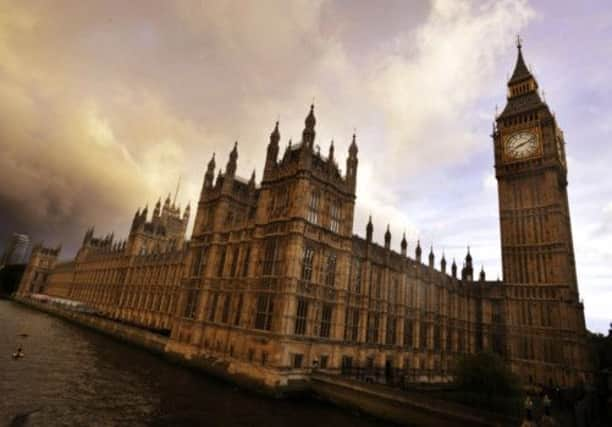David Maddox: Safe seats and salary hikes


Most MPs tend to work very hard and have to outlay a lot of their own money in their constituencies, which might explain why, despite their public pronouncements against an increase, some 69 per cent of them think that they are underpaid and should actually get more than the £74,000 salary they will apparently get after the 2015 general election.
The argument usually put forward for increasing the pay of MPs and MSPs is essentially twofold. First, if you do not only the rich or those with wealthy sponsors can stand for parliament. Second, that if you want to attract the best people you have to pay top-notch wages.
Advertisement
Hide AdAdvertisement
Hide AdThe trouble with these arguments is that by paying MPs much more you do not stop the first, which means you do not achieve the second.
The problem at the heart of British politics is that a majority of constituencies are safe seats for one or other party. In Westminster, about two-thirds of all the 650 seats fall into this category. On rare occasions electoral wipeouts such as with the SNP victory in 2011 or Tory collapse in 1997 mean no seat is safe, but these are the exception not the rule.
The predominance of safe seats means that the MP is decided by the party, which selects him or her and this has led to a culture of patronage from unions or other powerful backers, wealthy people who can effectively buy a selection and professional politicians made up of people who work for MPs and parties before going on to be selected for a safe seat without doing a proper job. It is about who your friends are, not what you can do.
The goings-on in Falkirk underline the problem. Unite apparently tried to put one of its own in as the candidate to replace Eric Joyce, and nobody believes that a culture of patronage is unique to unions and Labour.
On Sunday Karen Whitefield was selected to contest the seat. She managed to lose the previously safe Holyrood seat of Airdrie and Shotts in 2011 and in 12 years as an MSP never exactly set the heather alight.
She was first selected as a candidate in 1999 after spending most of her working life employed by Labour.
But it would be unfair to single out just Ms Whitefield. The current Westminster party leaderships – including David Cameroon, George Osborne, Ed Miliband and Ed Balls – all got their seats after working for their respective parties, and the same can be said for many more MPs and MSPs.
The Tories and Labour have flirted with open primaries for candidates, which makes the process far more transparent, but have failed to role them out.
Until the political culture around safe seats is tackled, then it will be very hard to justify paying our elected representatives high salaries.